None of the 20 greatest living film directors achieved their exalted status by playing it safe. And lofty ambitions can sometimes lead to great falls from grace. In Part 1 of this entirely subjective look at an equally subjective list - that’s right, no Peter Jackson, Wong Kar-Wai, Bela Tarr or Clint Eastwood - of the world’s best filmmakers, SCREEN-SPACE determines the filmic equivalent of the exception that proves the rule. Here are the worst films from international cinema’s best contemporary directors....
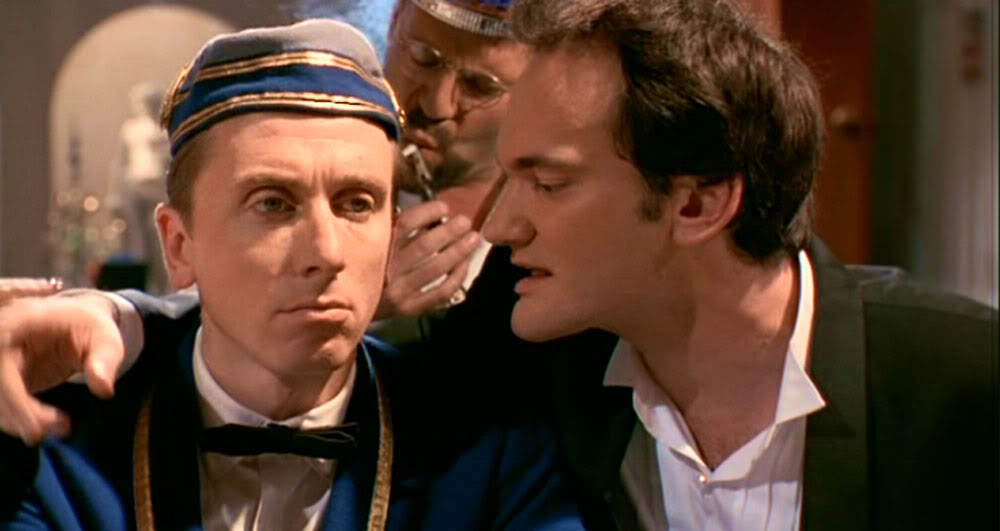
QUENTIN TARANTINO: In his relatively short, spectacular career, Tarantino really hasn’t put a foot wrong (though he has focussed in on many); even his guest-director shots on TV series’ ER and CSI are season stand-outs. His Grindhouse segment, Death Proof, divided critics and not everyone loved the Kill Bill films, but the only real disaster has been his ‘The Man from Hollywood’ segment (pictured, above) from the omnibus film, Four Rooms. By no means the worst of the bunch (one-time indy darling Alison Anders all but killed her career with her contribution), Tarantino’s was nevertheless a badly-executed, pretentious gabfest; the actor’s smugness at being cast in a QT short oozes off the screen.
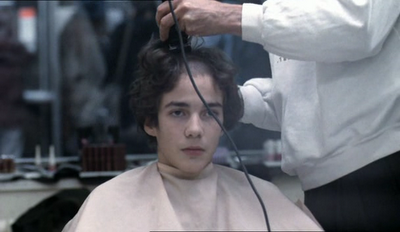 MICHAEL HANEKE: Revered and reviled in equal measure, Haneke has plenty of films that divide opinion but few that are labelled outright duds; his often brazen methods can rattle cages but rarely invoke critical disdain. Perhaps the one exception is Benny’s Video, a 1992 film that utilises the home-video camera craze of the time to paint an unconvincing, rather unpleasant portrait of teen alienation gone very bad. He hates the modern movie-goer’s key demographic (see Funny Games) and his established arthouse-only release pattern suggests they hate him right back.
MICHAEL HANEKE: Revered and reviled in equal measure, Haneke has plenty of films that divide opinion but few that are labelled outright duds; his often brazen methods can rattle cages but rarely invoke critical disdain. Perhaps the one exception is Benny’s Video, a 1992 film that utilises the home-video camera craze of the time to paint an unconvincing, rather unpleasant portrait of teen alienation gone very bad. He hates the modern movie-goer’s key demographic (see Funny Games) and his established arthouse-only release pattern suggests they hate him right back.
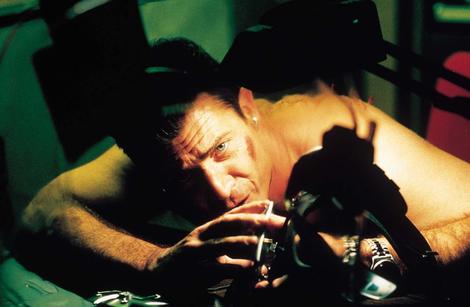 WIM WENDERS: The German auteur has what many consider the greatest film of the 1980’s to his credit - the lyrical, mesmerising Wings of Desire – but spent his time in the doghouse following the entirely indecipherable, mostly unwatchable The Million Dollar Hotel. He secured an A-list cast (Mel Gibson, Jimmy Smits, Milla Jovovich) but mired them in a single-setting murder mystery that Empire magazine called, “A plodding, self-indulgent exercise in pomposity over substance.”
WIM WENDERS: The German auteur has what many consider the greatest film of the 1980’s to his credit - the lyrical, mesmerising Wings of Desire – but spent his time in the doghouse following the entirely indecipherable, mostly unwatchable The Million Dollar Hotel. He secured an A-list cast (Mel Gibson, Jimmy Smits, Milla Jovovich) but mired them in a single-setting murder mystery that Empire magazine called, “A plodding, self-indulgent exercise in pomposity over substance.”
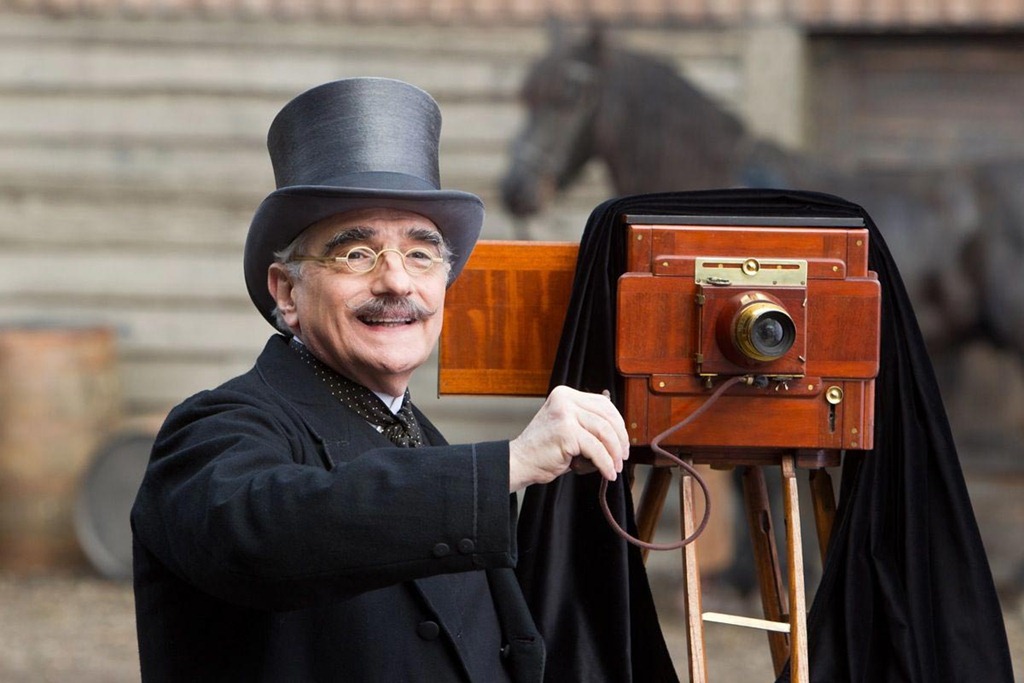 MARTIN SCORSESE: The Aviator is a long, hard slog; Bringing Out The Dead is so dark as to swallow light (yet, IMHO, a great film); The King of Comedy was dismissed upon release but has now found much love. And many consider Age of Innocence to be art direction-ed to a standstill. But truth be told, perhaps his most technically accomplished film, last year’s Hugo, is his least personal and subsequently most coldly mechanical work. Scorsese has said he made this for his daughter, who loved the book and who he would never allow to watch his earlier works. It shows; every other film he made was to please himself and Hugo grinds through someone else’s vision with a detached eye for button-pressing sentimentality.
MARTIN SCORSESE: The Aviator is a long, hard slog; Bringing Out The Dead is so dark as to swallow light (yet, IMHO, a great film); The King of Comedy was dismissed upon release but has now found much love. And many consider Age of Innocence to be art direction-ed to a standstill. But truth be told, perhaps his most technically accomplished film, last year’s Hugo, is his least personal and subsequently most coldly mechanical work. Scorsese has said he made this for his daughter, who loved the book and who he would never allow to watch his earlier works. It shows; every other film he made was to please himself and Hugo grinds through someone else’s vision with a detached eye for button-pressing sentimentality.
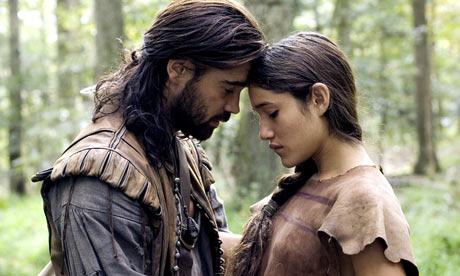 TERRENCE MALICK: 5 films in nearly 50 years doesn’t give me much to work with. And none of them have achieved mass-market love, yet most have won some measure of critical acclaim. His literal 2005 version of the Pocahontas legend, The New World, with Colin Farrell, has been his least favoured; 2011’s The Tree of Life was a love-it-or-hate-it vision that not even the actor’s involved fully comprehended (Sean Penn told the French newspaper Le Figaro, “Frankly, I’m still trying to figure out what I’m doing there and what I was supposed to add in that context!”). By a whisker, The New World.
TERRENCE MALICK: 5 films in nearly 50 years doesn’t give me much to work with. And none of them have achieved mass-market love, yet most have won some measure of critical acclaim. His literal 2005 version of the Pocahontas legend, The New World, with Colin Farrell, has been his least favoured; 2011’s The Tree of Life was a love-it-or-hate-it vision that not even the actor’s involved fully comprehended (Sean Penn told the French newspaper Le Figaro, “Frankly, I’m still trying to figure out what I’m doing there and what I was supposed to add in that context!”). By a whisker, The New World.
WOODY ALLEN: The comic maestro copped a lot of flak for Stardust Memories, but hindsight has favoured that bitter meditation on fame (71% on Rotten Tomatoes). After the ambitious, beautiful Everyone Says I Love You in ’96, he churned out a decade of hit-miss work (Deconstructing Harry; Celebrity; Sweet and Lowdown; The Curse of the Jade Scorpion, Hollywood Ending). The worst? Probably, 2003’s Annie Hall-rehash Anything Else, with Jason Biggs riffing off the director himself; Mike LaSalle of the San Francisco Chronicle said, “It has taken Allen over 30 years, but he has finally made a movie that's almost unwatchable.”
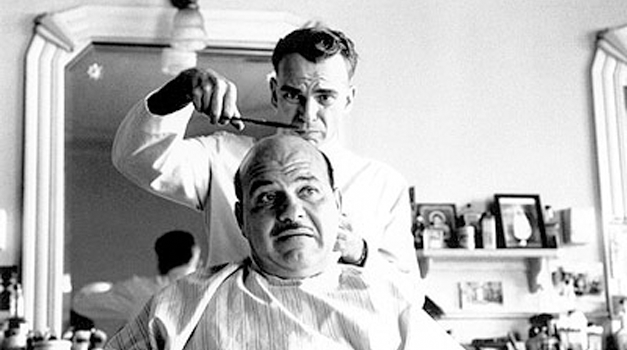 JOEL & ETHAN COEN: Sorry hipsters but, yes, Joel Coen (most often with wordsmith brother Ethan by his side) has made dud movies. Burn After Reading was not as supremely clever as everyone gave it credit for; the largely forgotten The Ladykillers, with a winning, against-type Tom Hanks, is so much better than most think. Their worst was the impenetrably arty The Man Who Wasn’t There, which mashed-up Billy Bob Thornton, UFO’s, a slutty Scarlett Johanson and death-row melodrama into a hodge-podge of smarty-pants, self-knowing haughtiness.
JOEL & ETHAN COEN: Sorry hipsters but, yes, Joel Coen (most often with wordsmith brother Ethan by his side) has made dud movies. Burn After Reading was not as supremely clever as everyone gave it credit for; the largely forgotten The Ladykillers, with a winning, against-type Tom Hanks, is so much better than most think. Their worst was the impenetrably arty The Man Who Wasn’t There, which mashed-up Billy Bob Thornton, UFO’s, a slutty Scarlett Johanson and death-row melodrama into a hodge-podge of smarty-pants, self-knowing haughtiness.
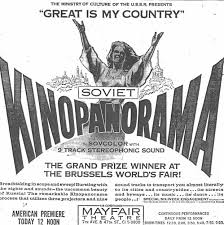 JEAN-LUC GODARD: The great French filmmaker’s work has been at the cutting-edge of cinema for so long, any film perceived as a backwards step is greeted with a gentle “oh well, at least he tries”. That doesn’t happen very much (though nobody got particularly passionate about his latest, Film Socialisme). Perhaps his least admired work was his slightly preposterous muscle-man take on Lully’s ‘Armide’ in the 1987 portmanteau opera-film, Aria.
JEAN-LUC GODARD: The great French filmmaker’s work has been at the cutting-edge of cinema for so long, any film perceived as a backwards step is greeted with a gentle “oh well, at least he tries”. That doesn’t happen very much (though nobody got particularly passionate about his latest, Film Socialisme). Perhaps his least admired work was his slightly preposterous muscle-man take on Lully’s ‘Armide’ in the 1987 portmanteau opera-film, Aria.
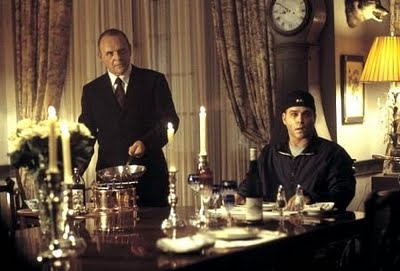 RIDLEY SCOTT: There is a lot of geek-love circulating on the web for Ridley Scott as Prometheus buzz intensifies, but fact is the visualist does not always tell a compelling story. The commercial director he once was is never far from the surface; if he’s not sure what to say, he tarts up his frame with pretty pictures. Mediocre efforts include GI Jane, the pedestrian Someone to Watch Over Me and the vastly-overrated American Gangster; outright misfires include Kingdom of Heaven and the Christopher Columbus bore, 1492. But easily the worst of the bunch is Hannibal, Scott’s cheesy, cynical sequel to The Silence of the Lambs that he clearly did for the paycheque.
RIDLEY SCOTT: There is a lot of geek-love circulating on the web for Ridley Scott as Prometheus buzz intensifies, but fact is the visualist does not always tell a compelling story. The commercial director he once was is never far from the surface; if he’s not sure what to say, he tarts up his frame with pretty pictures. Mediocre efforts include GI Jane, the pedestrian Someone to Watch Over Me and the vastly-overrated American Gangster; outright misfires include Kingdom of Heaven and the Christopher Columbus bore, 1492. But easily the worst of the bunch is Hannibal, Scott’s cheesy, cynical sequel to The Silence of the Lambs that he clearly did for the paycheque.
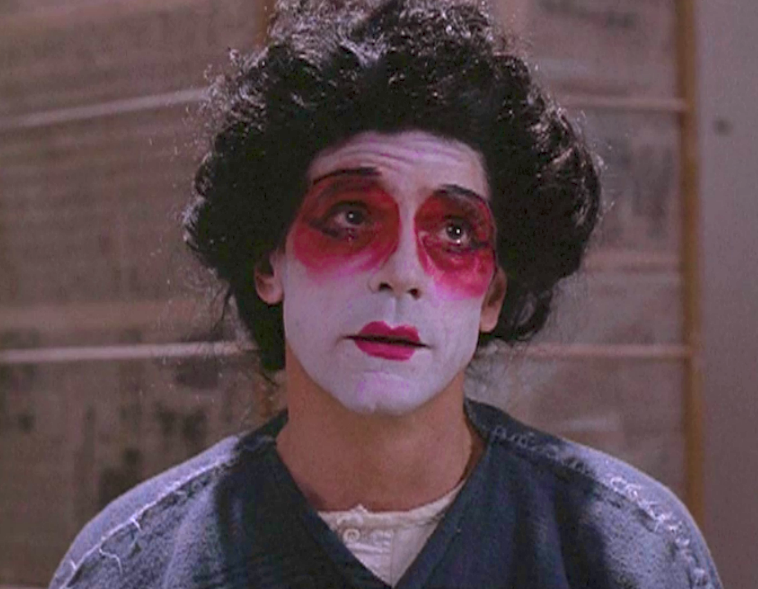 DAVID CRONENBERG: His early days at the forefront of the horror genre have fuelled the fire of cynics who call him a one-note genre specialist; this, despite critically-acclaimed works like The Brood, Videodrome, The Fly, Dead Ringers and, more recently, violent crime thrillers The History of Violence and Eastern Promises. Many think he reached a little far with A Dangerous Method, but it had its supporters. But nobody liked his 1993 adaptation of David Henry Hwang’s play M. Butterfly, his biggest, most expensive disappointment to date. His muted, modern version of the classic romance, which emerged from a period when he was striving for broad artistic acceptance, was dismissed entirely by analysts and public alike.
DAVID CRONENBERG: His early days at the forefront of the horror genre have fuelled the fire of cynics who call him a one-note genre specialist; this, despite critically-acclaimed works like The Brood, Videodrome, The Fly, Dead Ringers and, more recently, violent crime thrillers The History of Violence and Eastern Promises. Many think he reached a little far with A Dangerous Method, but it had its supporters. But nobody liked his 1993 adaptation of David Henry Hwang’s play M. Butterfly, his biggest, most expensive disappointment to date. His muted, modern version of the classic romance, which emerged from a period when he was striving for broad artistic acceptance, was dismissed entirely by analysts and public alike.
NEXT - Spielberg, Almodovar, Soderbergh kick off Part 2 of SCREEN-SPACE's Worst of the Best Feature....